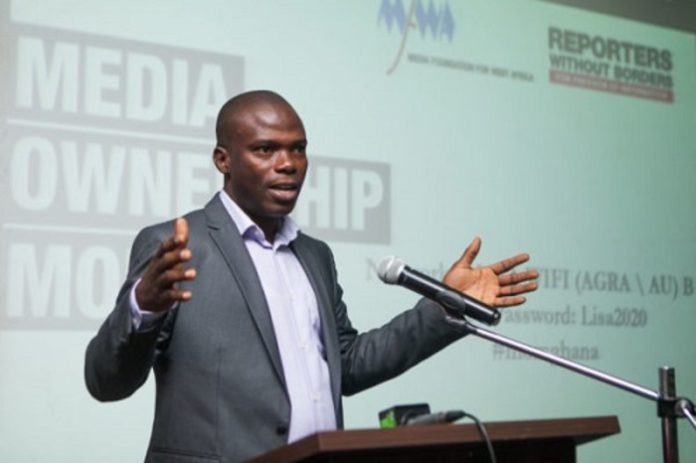The Executive Director of the Media Foundation for West Africa (MFWA), Sulemana Braimah, has strongly criticized the idea of introducing new taxes, such as the proposed dumsor levy, to address Ghana’s energy challenges.
In a passionate appeal for accountability and better governance, Mr. Braimah argued that instead of overburdening ordinary Ghanaians with additional levies, the government should focus on recovering billions lost through corruption and inefficiency in the public sector.
“Resetting Ghana shouldn’t be about imposing new taxes on the poor to continue enriching elite and privileged looters,” he said, urging authorities to redirect attention to plugging wastage and recouping funds lost to mismanagement.
He cited the Auditor-General’s recent reports, noting that over GHS38 billion was lost in recent years to waste and looting, which could have been channeled into critical sectors like energy.
According to him, despite Ghanaians paying nearly GHS26 billion in taxes on fuel products in 2023 alone, the nation is still being told it needs over $3 billion to fix its power sector.
This, he argued, raises questions about transparency and accountability in the use of public funds.
Mr. Braimah also highlighted ongoing scandals, including one at the National Petroleum Authority (NPA), which he described as “far bigger than the NSS scandal,” alleging that millions of cedis have already gone missing in the first quarter of 2025.
Drawing comparisons, he pointed to Norway’s $1.8 trillion Sovereign Wealth Fund, funded from oil and gas resources and equating to $326,000 for every citizen, to illustrate what is possible when natural resources are managed effectively.
“Compare that with Ghana. We’ve had gold, cocoa, oil, and gas. Yet, what do we have to show for it? Debts,” he lamented.
He called for committed, patriotic leadership that prioritizes the future of Ghana over political gain, adding, “We must wise up and fix the system. When the system works and the problems are fixed, we all benefit.”


